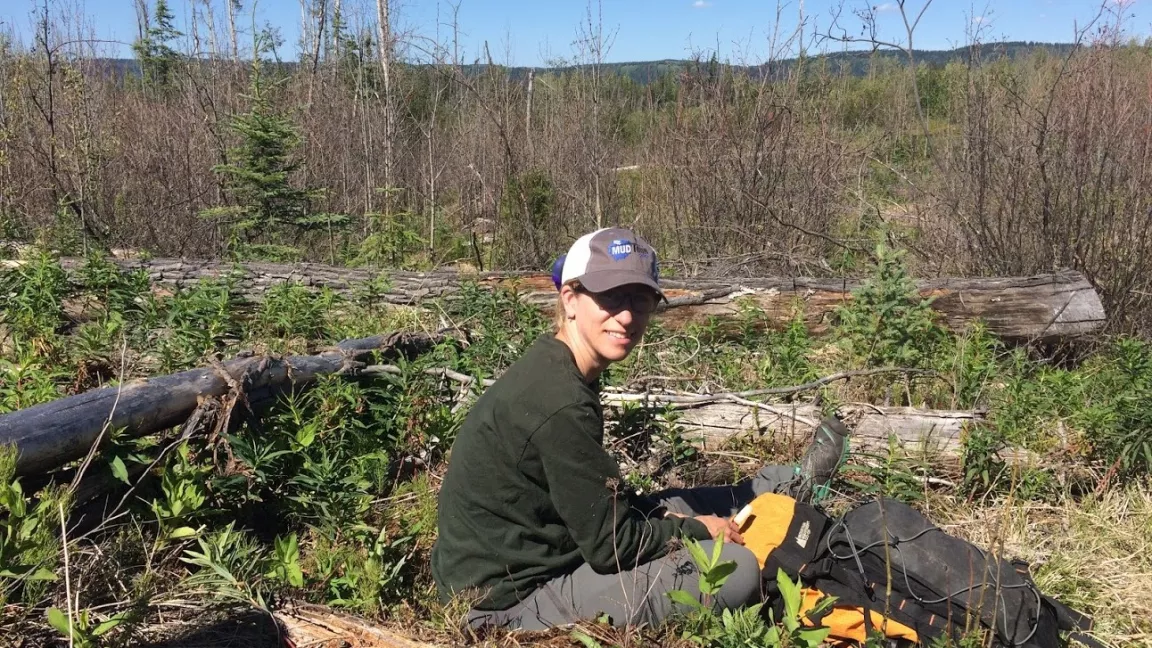Examining the long-term ecological impacts of glyphosate-based herbicides
Ecosystem Science and Management Assistant Professor Dr. Lisa Wood two Natural Sciences and Engineering Research Council of Canada grants to study the long-term ecological impacts of glyphosate-based herbicide use on forests in northern B.C. She received a Discovery Grant for the research project and a Research Tools and Instruments Grant to purchase three new state-of-the-art growth chambers for controlled experimentation.

The use of glyphosate-based herbicides is a hot-button topic in British Columbia’s silviculture sector.
The chemicals, used to kill broadleaf plants and trees in areas where conifers are planted, are facing increased scrutiny for their environmental impact.
University of Northern British Columbia Ecosystem Science and Management Assistant Professor Dr. Lisa Wood received Natural Sciences and Engineering Research Council of Canada (NSERC) funding to study the long-term ecological impacts of glyphosate-based herbicide use on forests in northern B.C.
“My students and I are currently focused on plant responses to both climate-induced stress and herbicide-induced stress,” Wood says. “Glyphosate-based herbicides are one type of herbicide used in B.C. forests, and the NSERC funding received to carry out this research will frame a large portion of my research program over the next five years.”
The project, titled Disturbance stress in forest plants as a result of sub-lethal glyphosate-based herbicides, received an NSERC Discovery Grant worth $132,500. The funding will be used to support Wood’s research as well as multiple graduate students as well as undergraduate research projects.
“Since glyphosate-based herbicides have been used for decades in B.C. forests, and largely in the interior and northern portions of the province, and due to the importance of forests to our regional land-base, UNBC is the perfect centre for this type of research,” she says. “The local community is very interested in the topic, and many organizations are keeping close tabs on what my lab is up to.”
Wood and her collaborators received an additional $149,226 NSERC Research Tools and Instruments Grant that will be used to purchase three new state-of-the-art growth chambers for controlled experimentation that will support her project and increase UNBC’s research capacity.
“These units can be used to control the environmental conditions for organisms, to test response to stimuli,” Wood explains. “We expect to have them in place by the end of this year, and will be pursuing a project that looks at how the intensity and duration of glyphosate-based herbicide actions are altered by changes in environment.”